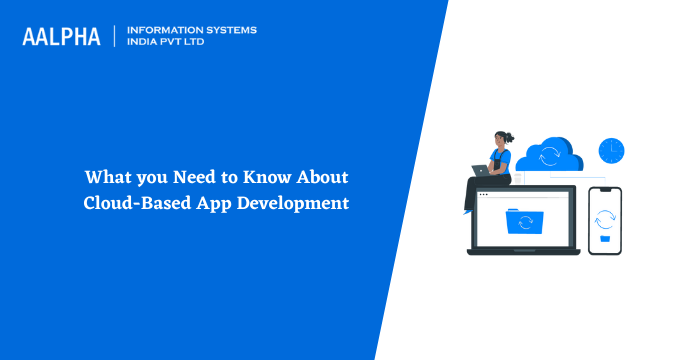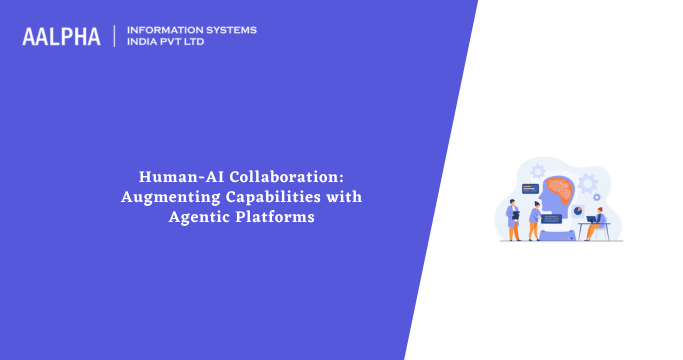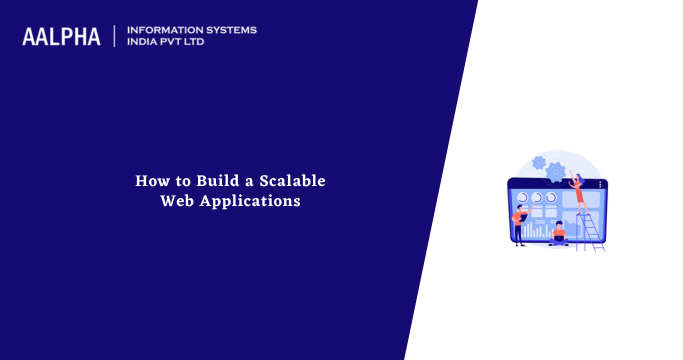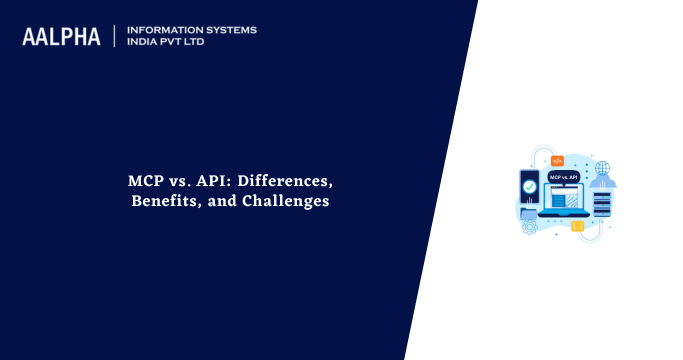As technical and related staff development is on a steep curve, there is an excellent chance of enhancing technology usage to a higher level. It is also essential to note that there is a need for space with the increased development in technology. Devices, applications, systems, and companies at large perform robust operations and handle massive data. With those needs in mind, it is inarguably true that not most companies or organizations can manage the operations and real stuff on their servers or local storage. The need for storage provision is on a speedy rise, with most mobile applications migrating to the cloud, which is a solution to vast storage.
Cloud computing has seen most organizations grow extensively, and therefore, most businesses keep bulging with profits and benefits. That’s cloud computing in its entirety. The main aim is to scale down on cloud-based app development, which is just a tiny element of the vast niche of cloud computing. As an emphasis of the previous statement, mobile applications now heavily rely on the cloud to provide different services. In return, mobile app development companies have seen more outstanding benefits, cost reduction, and high-level performance of applications.
Let us quickly dive into the fundamentals of cloud-based app development and some of the benefits associated with it. Are you ready to take your share of the pie in cloud-based app development? Chip in this, and let’s keep going.
The world has seen a steady and fast development of the development industry with the cloud-based app development among the front-scale of the growing industry. Let’s understand what it means by a cloud-based application.
A cloud-based app
As initially stated, cloud computing technologies center themselves on providing various services and resources for a wide range of organizations, companies, and to some extent, individuals. Some of the resources involved in the provision by cloud computing are not but limited to servers, data storage, databases but also stretches to a different extent of ensuring proper and high-speed performances. Security on the cloud is also a provision. Understanding cloud computing calls for understanding a dimension where a third party runs IT infrastructure associated with different computing provisions at a price and, in some cases, for free. Therefore, with cloud computing, infrastructure maintenance is entirely the role of the service provider, the third party. The only tasks businesses should undertake are using the services at a price without maintaining the infrastructure. Therefore, a cloud-based app enjoys the benefits without necessarily maintaining infrastructure – a role provided by the third party.
Types of cloud crucial for app deployment
There are different types of clouds on which a development company or developer can deploy an app. The following are the different types:
The private cloud
It is a service that operates like a private web system with its space governed by security implementations. The cloud is available for applications, users, and data at large. With such a cloud, there is only a single company with restrictive approaches to public access.
The public cloud
With a public cloud, data accessibility is always possible online and through a device. The provision for the public cloud allows payment of optimal costs for accessibility of data storage space and stable processing power.
The hybrid cloud
Right from its name, you can guess its operation. With the hybrid cloud, there’s provision for both the services of a public and private cloud. There is always an excellent possibility for IT companies to distribute data among devices and third-party applications with such a provision. Well, let us dive deeper into the main context of cloud-based applications.
A cloud-based application is a software product with great possibilities and functionalities of sharing data storage and processing logic on a device or a mobile application. The interaction and distribution of the resources occur between the client-side and the server-side.
Characteristics of cloud-based applications
For a proper understanding of cloud-based apps, we can explore the characteristics associated with them. They include:
The application’s data resides in the cloud infrastructure, and therefore, running the application is easier and faster because the cloud takes over most of the requirements.
There is a possibility of storing data on the device since such an application can work offline with the potential for automatic data updates upon online session resumption.
Types of cloud-based applications
There are around three types of cloud-based applications. They include:
Software as a Service or SaaS
It is responsible for cloud-based app development through web applications, browsers, and mobile apps. With such a cloud service, customers can always apply the application online without device configuration and installation.
Some of the typical roles undertaken by SaaS include product automation and service sign-ups, calendar sharing, provision for email tools, and organizing customer relationship systems, among other crucial services.
Check: SaaS development company
Platform as a Service or PaaS
It is also another excellent cloud service where customers can rent almost any tool crucial for developing an application. In such a case, the customer dramatically relies on the cloud or the third party to provide operating systems, development tools, and the entire app development infrastructure. The provision could also extend to hardware and software resources hence easier development. Services under the condition of PaaS include middleware, operating systems, and database running infrastructure.
Infrastructure as a Service or IaaS
The service takes the responsibility of managing organizational or company infrastructure. An excellent example of business infrastructure could be storage, server, or the business network. The management takes place over a private or public cloud. IaaS boasts load balancing, security services, backup replication, and recovery services, among others.
Check: difference between iaas paas and saas
Benefits associated with the use of Cloud-Based solutions
The cloud is a savior to most organizations, companies, and even individuals since most of its clients suffer limited resources under the provision of the cloud. Therefore, it comes with a range of benefits to enjoy. Let us explore some of the expected benefits associated with using the solutions provided by the cloud.
Cost reduction
A comparison between the timeframe within which businesses operate with the cloud and the period where implementation of cloud computing seemed almost impossible implies a significant improvement in cost spending. It is thus a relief to most businesses that could spend heavily on storage, security services, among others. Luckily, with the current cloud technologies, quick application development deployment on the cloud opens room for access to a wide range of development resources and information. In return, there are more significant savings of cost with almost no need for paying cloud space without using it.
Good read: cloud cost optimization strategies
Data coherence
With the implementation of cloud services, you’d least expect a company complaining about problems with data. Therefore, cloud-based solutions, especially for apps, come with them the provision for data consistency. Cloud users can permanently save all data together and in a particular way. Therefore, it makes it easier to access data, secure it, and prevent human mistakes, which brings about data coherence.
Flexibility
The cloud is more flexible as opposed to the local server way of hosting. It thus gives clients great authority. Upon the desire for expanded space and extra bandwidth, scalability is always possible. For the case of local server hosting, scalability can always be difficult, and any adjustments or expansions can always be costly and sophisticated.
Challenges associated with Cloud-Based applications
Nearly everything that comes even with limitless advantages, will never lack a single flaw. Therefore, with cloud-based apps, it is no exclusion. Among the common challenges associated with cloud-based apps are:
Security
As far as cloud service comes with more significant benefits to enjoy, it is always at risk because of the massive amount of private data stored on the cloud. Therefore, each business utilizing the cloud establishes proper technologies to handle anything that could breach security and cause problems with a company’s crucial information. Usually, enhancing the security of cloud-based applications calls for SSL protocols and complex encryption standards, among others.
Good read: cloud security challenges
Reliability
At times, reliability is always a crucial issue associated with cloud services. Therefore, you must pick out a cloud framework you can trust and always provide smooth and stable performance. Choosing a framework with reliability issues will likely bring down most of your services and, in the end, lower the profit rates for businesses.
Performance
Performance is always crucial when it comes to performance and operation. Therefore, it is always essential to ensure proper app performance, so that customer experience lies at a different positive level. A possible solution with performance should be content delivery networks which are crucial in speeding up the loading times.
Conclusion
With the implementation of cloud computing for app development, many businesses have seen a positive change in their operations, resulting in profitable ventures. There is vast development of cloud-based apps that utilize the benefits that come with it. If you’ve not tried this crucial technology as a company or organization, here is an important time for a transition and transformation.
Looking for a cloud computing service provider? feel free to contact us & get a free quotation.




Share This Article:
Written by:
Muzammil K
Muzammil K is the Marketing Manager at Aalpha Information Systems, where he leads marketing efforts to drive business growth. With a passion for marketing strategy and a commitment to results, he's dedicated to helping the company succeed in the ever-changing digital landscape.
Muzammil K is the Marketing Manager at Aalpha Information Systems, where he leads marketing efforts to drive business growth. With a passion for marketing strategy and a commitment to results, he's dedicated to helping the company succeed in the ever-changing digital landscape.